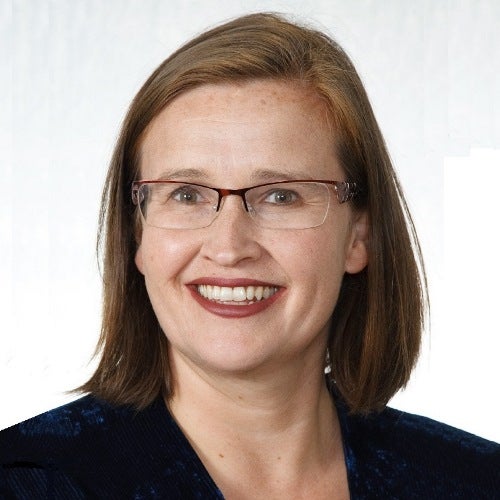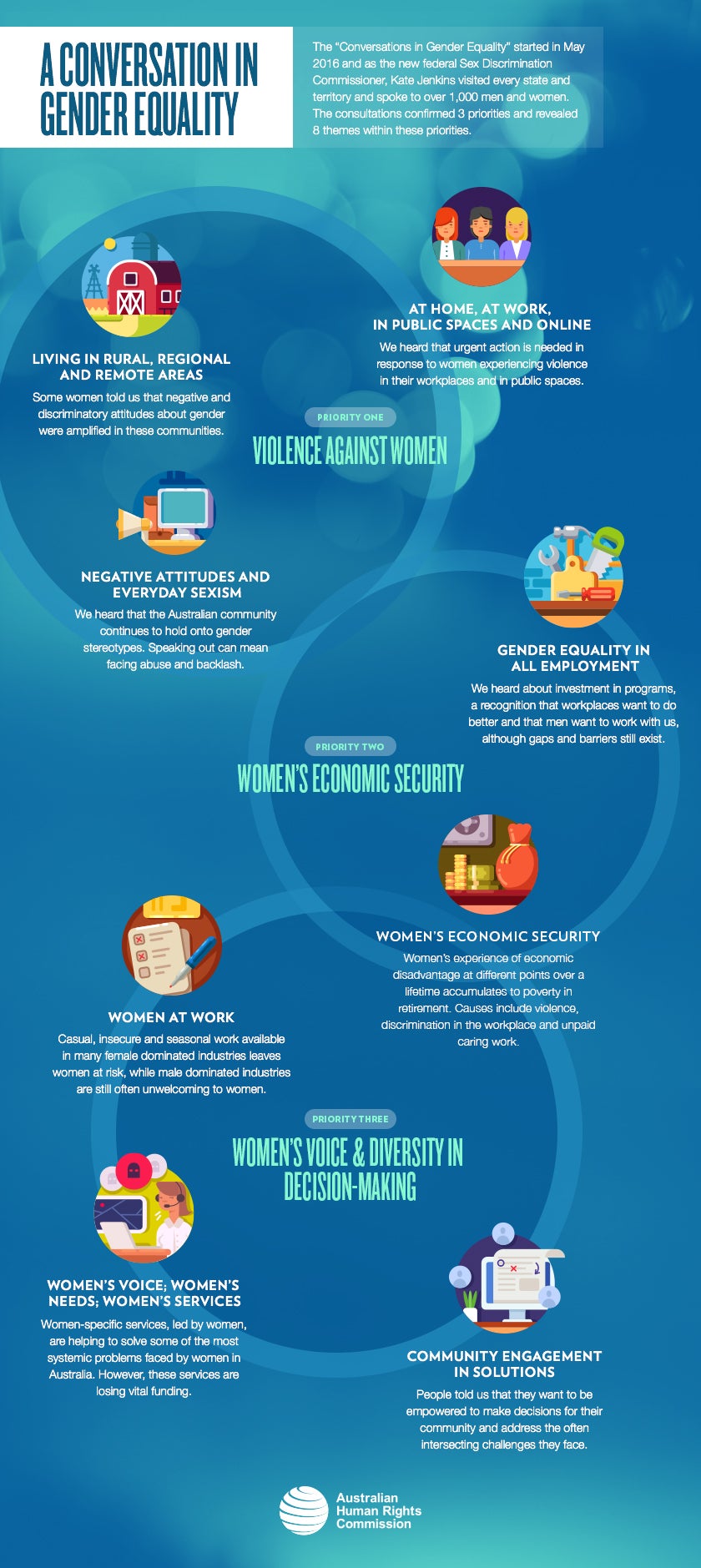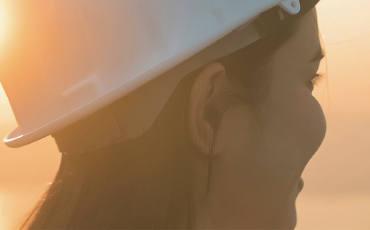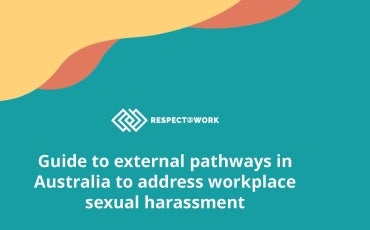A Conversation in Gender Equality (2017)

Reflections from Kate...

We are at a critical time for gender equality in Australia. We are seeing shifts we never would have seen a decade ago, such as an increasing focus on the achievements of women in sport and the recognition of domestic violence as a workplace issue. In the World Economic Forum’s 2016 Gender Gap Report, Australia ranked number one for educational attainment. Yet that same report ranked Australia 46th for overall gender equality due to low levels of economic participation and political empowerment.1
Incorrect assumptions are being made about the progress of gender equality both in Australia and internationally. A 2017 global survey found that 62% of Australian men agreed with the statement ‘Women have equal opportunities to men in the country where I live’, compared to 48% of women.2 These misconceptions signal the need for an increase in our efforts and priorities.
Since commencing my role as Australia’s Sex Discrimination Commissioner in May last year, I have personally met with more than 1,000 people across the country. I asked them to comment on my initial priorities for gender equality – women’s economic security, violence against women and women in leadership. They did. And they also shared many more insights that will make a difference to how I approach gender equality over the next five years.
It was particularly striking to hear women’s stories – always moving and often outrageous. Women are not one homogenous group. Each story was different, each experience unique. Discrimination is not always experienced because of one attribute such as age, disability, gender, sexual orientation or race. Sometimes it is the intersection of attributes that leads to the experience of discrimination. We create women’s programs or a program for people with a disability, as though you have to choose one identity. In reality, we heard these programs often do not meet the complex needs of individuals.
I identified common themes through my conversations. Some of the issues raised we were already well aware of: gender inequality in economic security and leadership and violence against women. Other issues raised were equally concerning, yet have received less attention. In this document, I have chosen to focus on these unheard stories and experiences. I wanted to reflect the voices, the concerns and the solutions I heard. This does not mean I did not hear and note the many other stories or that I will not continue to strive for equality for all women. In fact, it is because I am committed to all women that I share my insights in this way. Too often ‘women’s issues’ are cited as though we all share the same experience.
Individuals, communities and organisations are innovating and creating solutions at a grassroots level. In my role, I want to amplify their voices and ideas, advocate for the policy changes needed, raise awareness of the barriers to gender equality and explore ways we can overcome them together. I will focus on prevention and response to gender inequality in Australia, across multiple settings. In collaboration with Government and workplaces we can achieve policy, practice and cultural change. In collaboration with communities we can shift general attitudes and with individuals I remain committed to empowering women to understand and exercise their rights. Capturing women’s voices will underpin my ongoing work with university students, work on improving data on domestic violence homicides and inquiries into sexual harassment and discrimination.
I am optimistic about gender equality in Australia. The insights in this document are not all ‘doom and gloom’. In each consultation I have heard about the ingenious ways individuals are working to overcome structural biases and unhelpful stereotypes in order to improve opportunities for women and girls. Again and again I witnessed tremendous resilience from women overcoming the entrenched obstacles to their progress and men stepping up beside women to advance gender equality.
I want to thank the many people I consulted. It was an absolute privilege to hear and learn from you. I acknowledge the significant and inspiring work of the organisations and individuals who are working to achieve a more gender equal Australia. I look forward to working in collaboration with you in the future.
Kate Jenkins
8 March 2017
Text description
A conversation in gender equality
The "Conversations in Gender Equality" started in May 2016 and as the new federal Sex Discrimination Commissioner, Kate Jenkins visited every state and territory and spoke to over 1,000 men and women. The consultations confirmed 3 priorities and revealed 8 themes within these priorities:
Priority 1: Violence against women
1. Living in rural, regional and remote areas - Some women told us that negative and discriminatory attitudes about gender were amplified in these communities.
2. At home, at work, in public spaces and online - We heard that urgent action is needed in response to women experiencing violence in their workplaces and in public spaces.
3. Negative attitudes and everyday sexism - We heard that the Australian community continues to hold onto gender stereotypes. Speaking out can mean facing abuse and backlash.
4. Gender equality in all employment – We heard about investment in programs, a recognition that workplaces want to do better and that men want to work with us, although gaps and barriers still exist.
Priority 2: Women's economic security
5. Women at work – Casual, insecure and seasonal work available in many female dominated industries leaves women at risk, while male dominated industries are still often unwelcoming to women.
6. Women’s economic security – Women’s experience of economic disadvantage at different points over a lifetime accumulates to poverty in retirement. Causes include violence, discrimination in the workplace and unpaid caring work.
Priority 3: Women's voice & diversity in decision-making
7. Women’s voice; women’s needs; women’s services – Women-specific services, led by women, are helping to solve some of the most systemic problems faced by women in Australia. However, these services are losing vital funding.
8. Community engagement in solutions – People told us that they want to be empowered to make decisions for their community and address the often-intersecting challenges they face.
1 World Economic Forum, The Global Gender Gap Report (2016), (viewed 23 February 2017).




